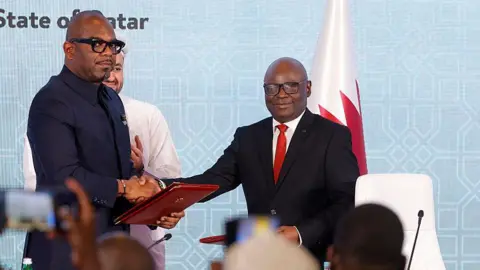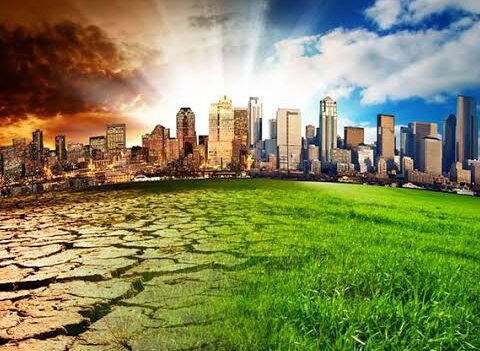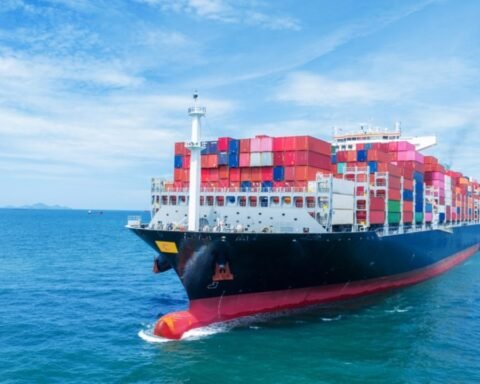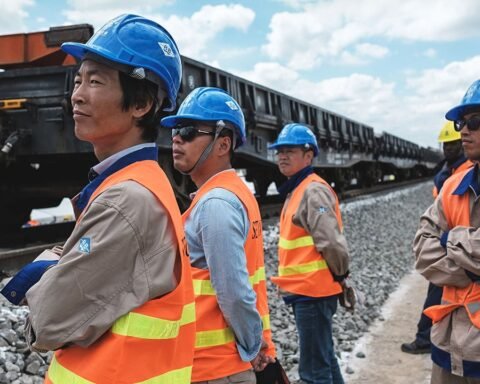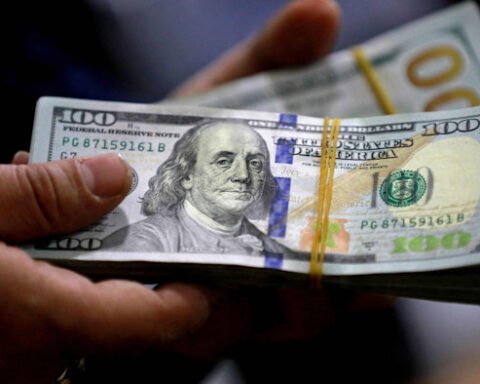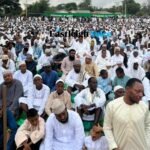A major breakthrough in one of Africa’s deadliest conflicts may be on the horizon, as the Democratic Republic of the Congo (DRC) and the M23 rebel group signed a Declaration of Principles in Doha, Qatar, on July 19, 2025, aimed at ending a brutal conflict that has devastated eastern Congo.
The document, which was the result of months of delicate negotiations mediated by Qatar and strongly backed by the United States, includes commitments from both sides to a permanent ceasefire, the peaceful resolution of territorial disputes, and the restoration of government control over rebel-held areas. Talks are now scheduled to begin by August 8, with a final peace agreement expected by August 18.
The stakes could not be higher. The eastern Congo, particularly the North Kivu and South Kivu provinces, has seen continuous fighting for years. In early 2025, M23 rebels seized control of large swathes of territory, including Goma, the largest city in the east and a key commercial hub near the border with Rwanda.
This year alone, the fighting has killed thousands of civilians and displaced over 500,000 people, many of whom are now living in overcrowded camps with limited access to food, water, and healthcare. The region’s vast natural wealth—including cobalt, lithium, gold, copper, and coltan (tantalum)—has made it the focus of competing national and international interests, exacerbating the conflict.
Although the DRC has long accused Rwanda of supporting M23, allegations which Kigali has consistently denied, international observers, including United Nations experts, have documented evidence of Rwandan military involvement. Rwanda’s role in eastern Congo has long been a sensitive and explosive issue, dating back to the aftermath of the 1994 Rwandan genocide, which triggered waves of instability across the Great Lakes region.
In a rare diplomatic convergence, the governments of Congo and Rwanda met earlier this year in Washington D.C., under U.S. mediation, to discuss security cooperation. That agreement laid the groundwork for the Doha negotiations. Later, both President Félix Tshisekedi of Congo and President Paul Kagame of Rwanda met in Doha to pledge their commitment to a political solution.
Also Read; Ceasefire Fails as Violence Returns to Suwayda, Syria
“This declaration marks a turning point,” said one senior diplomat involved in the talks. “It’s a first step, but a critical one—what happens next will determine whether peace holds.”
Despite the optimism, experts warn that major challenges lie ahead. Among the unresolved issues are the timeline for M23’s withdrawal from cities like Goma and Bukavu, the reintegration of former fighters, the release of detainees, and mechanisms to monitor and enforce the ceasefire.
Critically, any lasting peace will require the trust of the Congolese people—many of whom have suffered for decades at the hands of armed groups. The United Nations peacekeeping mission (MONUSCO) is currently drawing down operations in the DRC, meaning regional actors and African Union observers will play a larger role in verifying progress on the ground.
Still, the signing of the declaration has been met with cautious hope across the region. Civil society leaders, religious figures, and displaced communities have welcomed the news, urging all parties to prioritize human lives over politics.
If successful, the deal could open the door to regional stability and unlock billions in potential investment in one of the world’s richest, yet most troubled, regions.

